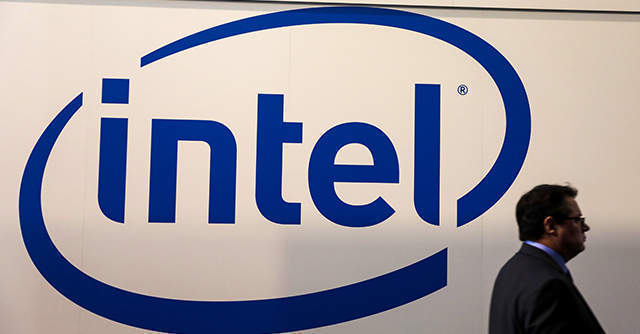
Intel aims for 100% renewable energy use, lower carbon emissions by 2030


Santa Clara headquartered technology major Intel aims to make its operations more environment friendly and achieve gender parity in the next decade, according to its latest corporate responsibility report.
The microprocessor maker plans to source power entirely from renewable resources, achieve net positive water usage, reduce carbon emissions and ensure no waste ends up in a landfill, as per a statement.
In 2019, the company purchased 5.6 billion kilowatts of renewable energy. It also implemented green processes at its data centres, which reduced construction costs by nearly 67% and cooling expenses from 49% to 6% of its total operational spends, it said.

The firm has installed 98 alternative energy generating systems, producing over 50,000 kilowatts of green power across 23 campuses, with an additional eight installations under construction, it said. The installations include solar-powered water heating and cooling systems, solar electric photovoltaic-covered parking lots, as well as mini bio energy, geo energy and micro wind turbine systems.
Intel, which uses water to manufacture electronic chips, plans to be a net positive water user by the end of the next decade. Currently, the company returns up to 85% water to municipal treatment operations. In 2019, the company saved nearly 1.4 billion gallons of water, it said.
Additionally, the firm looks to double the number of women and underrepresented minorities in senior leadership positions, it said.

Intel’s sustainability targets for 2030 are to be seen from the perspective of the ongoing Covid-19 crisis, CEO Bob Swan said.
Read: Coronavirus India LIVE updates
In April, the company committed $50 million to fight against the spread of Covid-19 in addition to the $10 million it donated earlier to support local communities.

“We have learned lessons and re-invented ways of working to safeguard the well-being of employees and service partners who keep our manufacturing operations and labs functioning. This preserves a global technology supply chain that underpins essential services and supports millions of people around the world now working and learning remotely,” Swan said in the report.
